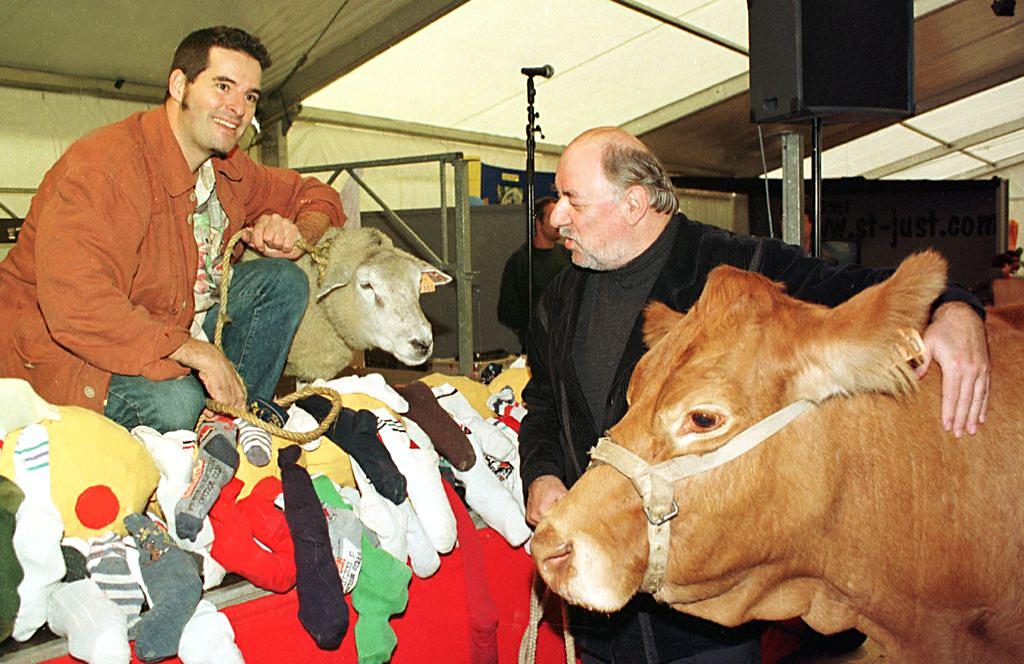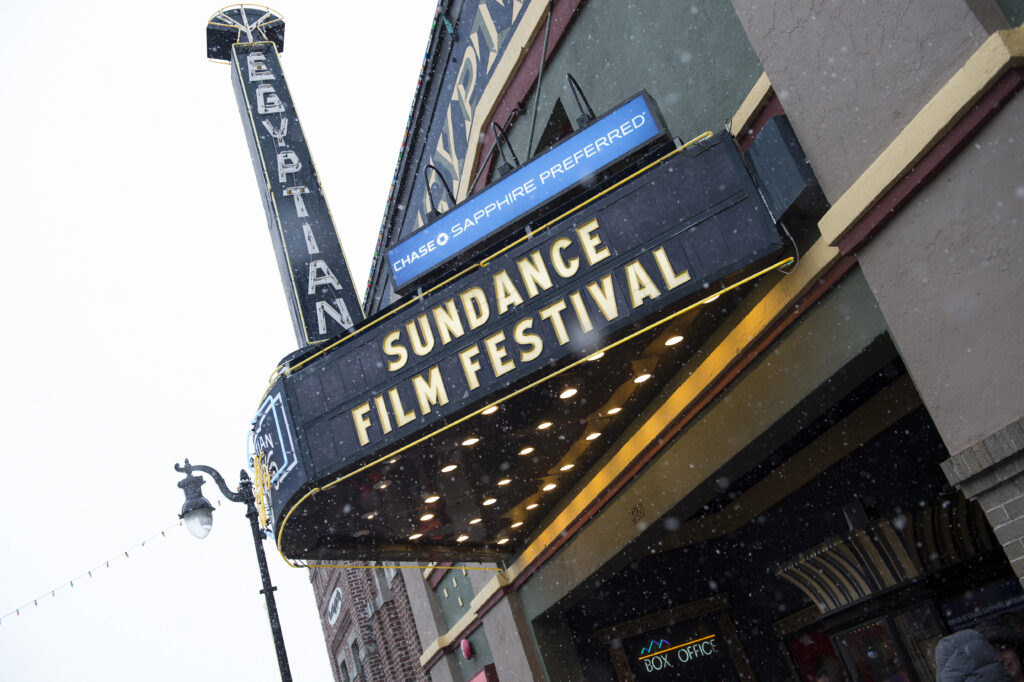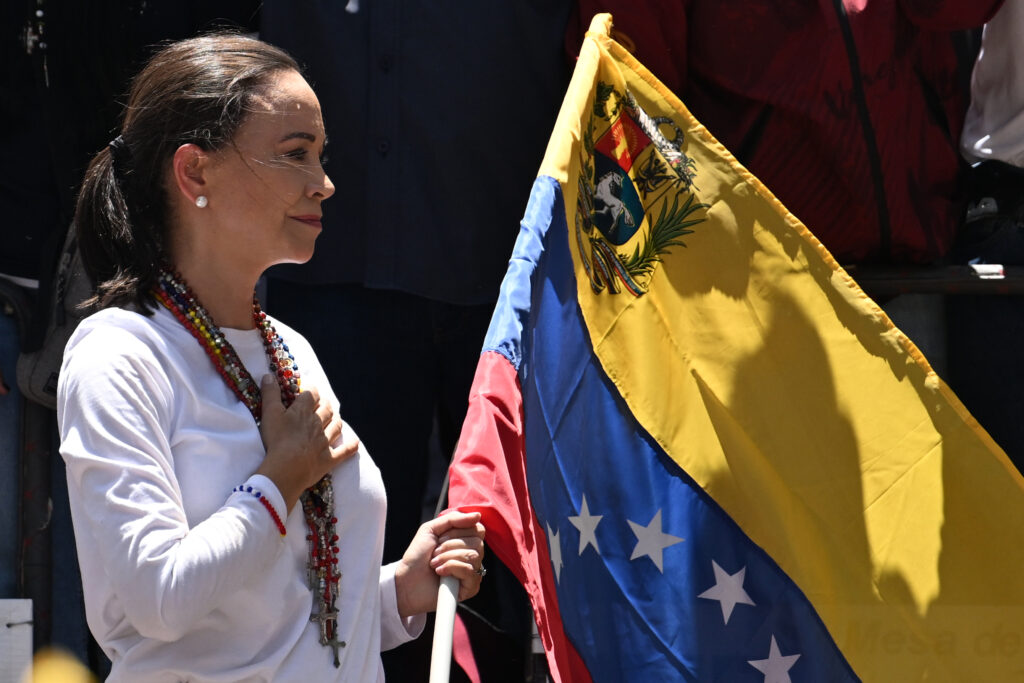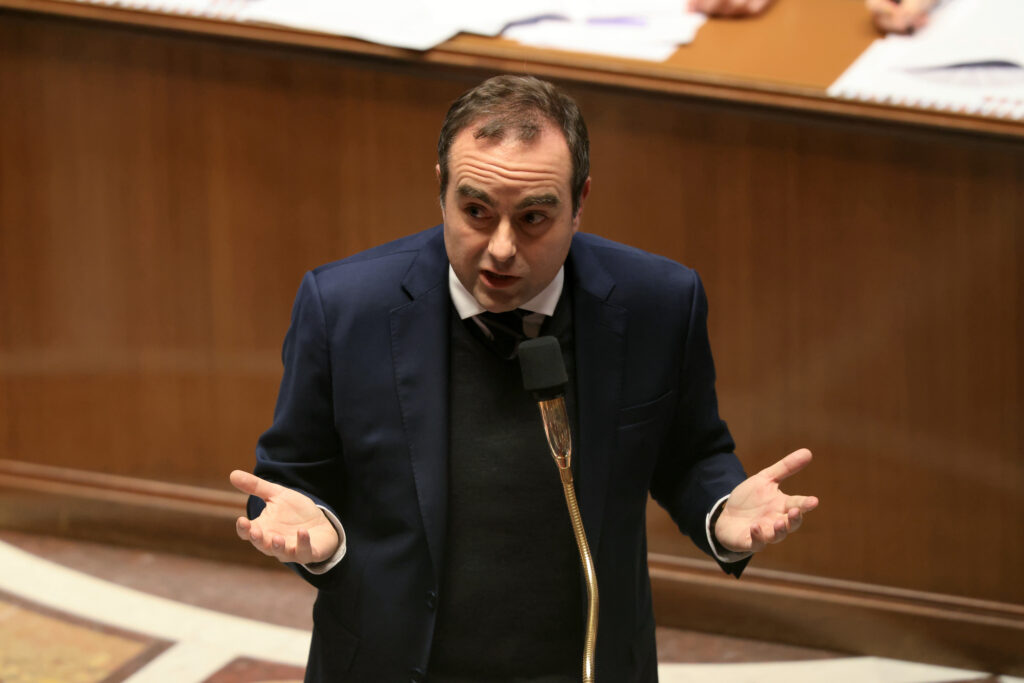Mort de Philippe Soulas, ancien dessinateur de Hara-Kiri et Libé
Dessinateur satirique dans les journaux Hara-Kiri et Libération, libertaire convaincu et ami de Cabu ou Siné, Philippe Soulas est mort dans la nuit de mardi à mercredi à l’âge de 93 ans, a annoncé sa famille à l’AFP.Avec son trait incisif, Soulas a passé vingt ans à Libé, de 1974 à 1994. Comme nombre de dessinateurs de l’époque engagés très à gauche, ses thèmes de prédilection étaient l’anticléricalisme ou les inégalités sociales.Né en 1932 près de Toulouse et décédé dans le Loiret, Soulas était venu tardivement au dessin de presse, après mai 1968. C’est à ce moment-là qu’il rejoint la joyeuse bande libertaire de Hara-Kiri, l’ancêtre de Charlie Hebdo, menée par Cavanna et le professeur Choron.”Je le lisais depuis 1961. La vulgarité qu’on y trouvait m’enchantait, parce que ça faisait chier les bourgeois, les curés et les militaires! Bref, tout ce que je détestais!”, avait-il raconté en 2021 au Journal du Kremlin-Bicêtre, ville de banlieue parisienne où il habitait.Il avait ajouté qu’il était devenu athée enfant, durant une promenade nocturne dans son pensionnat catholique: “Devant l’autel, j’ai baissé mon froc en disant à Dieu: +Si tu existes, foudroie-moi!+ Et comme il ne s’est rien passé, j’ai cessé de croire!”En 1974, Soulas arrive à Libération, fondé l’année d’avant par Serge July et le philosophe Jean-Paul Sartre. A son départ en 1994, il poursuit le journal aux prud’hommes avec succès, pour contester son renvoi.”Les premières années, ça a vraiment été une aventure formidable. Et puis, à partir de 1981, l’état d’esprit libre et indépendant a muté. On a accepté la publicité, la hiérarchie des salaires, les postes fixes, les licenciements… J’étais contre”, avait-il assuré au Journal du Kremlin-Bicêtre.Dans un reportage télévisé de 1984 sur Libération, en ligne sur le site de l’INA, il était toutefois moins catégorique, en jugeant l’évolution du journal “logique”.”On pouvait toujours rester un quotidien à 15.000 exemplaires (…) pur et dur et mal vivre. Si on était resté à 15.000 exemplaires, on n’aurait pas eu d’argent (…) il n’y aurait plus Libé”, déclare-t-il dans ce reportage, interrogé par Cabu, alors dessinateur au Canard enchaîné.Membre du collectif “Les humoristes associés” dans les années 80, Soulas a également dessiné dans Marianne ou Siné Hebdo, et publié plusieurs livres. Ces dernières années, il se consacrait à la peinture.








